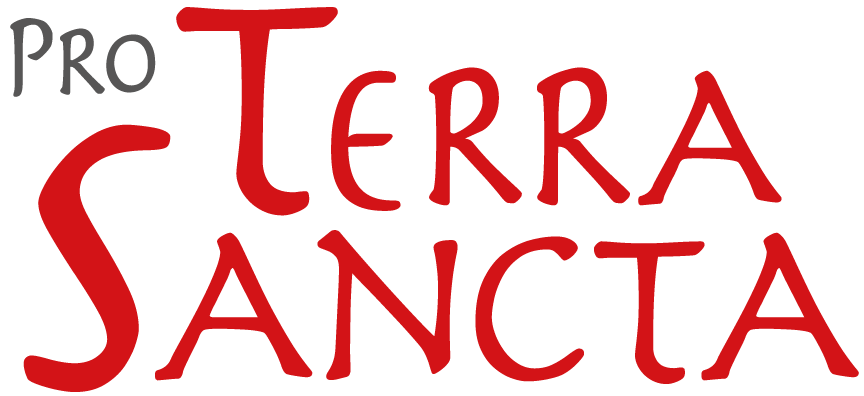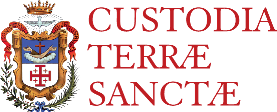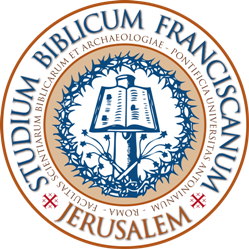Heritage and education: the project on behalf of young Palestinians continues at the Terra Sancta Museum.
In March 2016 the first section of the new museum of the Franciscans in Jerusalem, the Terra Sancta Museum (TSM), was inaugurated. Pro Terra Sancta, the NGO that supports the Custody of the Holy Land, was asked to raise funds and manage the display programme, but it immediately became clear that such an important project had to be shared. Projects came into being to develop an offer of education for the schools of Jerusalem, of which “A Community Living Museum for Palestinian Youth” is the last, started in February 2020. We met Sara Cibin, manager of this project.
Sara, in a few lines, what are the aims and the purposes of this project and its bond with the TSM? At what point is it today?
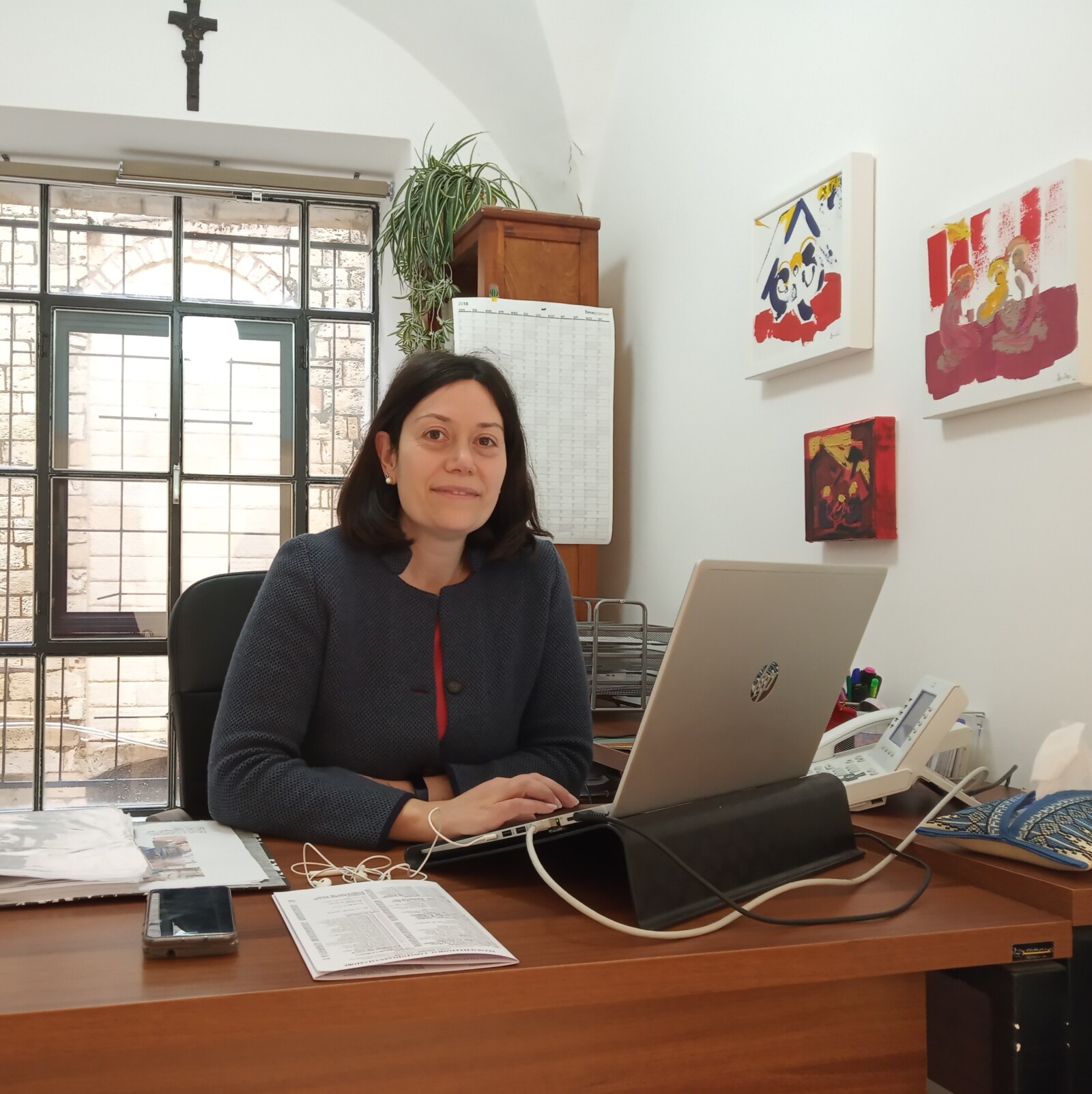
The project of “A Community Living Museum for Palestinian Youth” is an ambitious project that aims not only to offer educational programmes in the immediate present, but to give support to the museum in order to start a real “department” for educational services that can continue over time. The key elements of the project are the development of an offer in Arabic for young Palestinians, the creation of a network with schools, museums and associations to make this type of offer stronger and more sustainable, and the training of young local professionals to give a future to the initiatives of education on heritage.
Thanks to the European Union, the project has been funded for 42 months, but our wish is that it can evolve and continue after this deadline. To date, we are at the end of the second year and we are drawing conclusions, having to consider the long period of the pandemic which affected us and which unfortunately is still under way. This has prevented the normal programming and, as a consequence, our project has not had the extent of the repercussions hoped. At least up to today, the last count of participants in our activities touches on 1000 units.
Who are the main beneficiaries of this initiative and how do you involve the local population?
The repercussions of the project are without a doubt for the benefit of the local Palestinian community, starting from the residents of the Old City, to the most outlying parts of Jerusalem. The heart of our initiatives at the museum is to highlight the different souls of the Palestinian people, in particular bringing them closer to the heritage of the Christian faith. We are convinced that young people have to reclaim this history to be aware of their identity which is so multi-faceted and full of different influences. To reach the local community as much as possible, we contacted all the associations, cultural institutions, NGOs, museums and community centres that are present locally. It is really opening up all-round, which is also made possible by the fact that everyone has a great esteem for the Franciscans and they are willing to work together in all confidence.
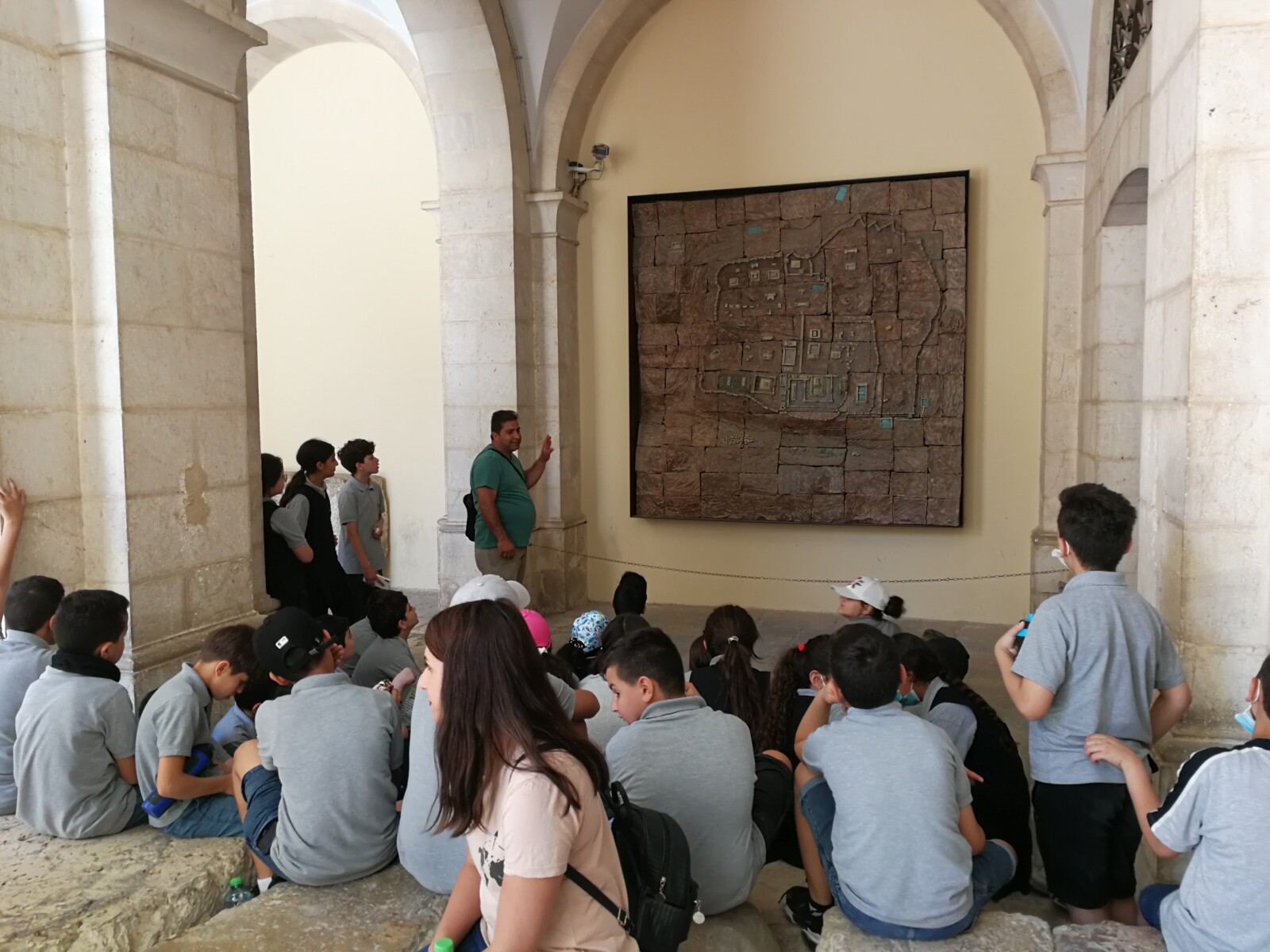
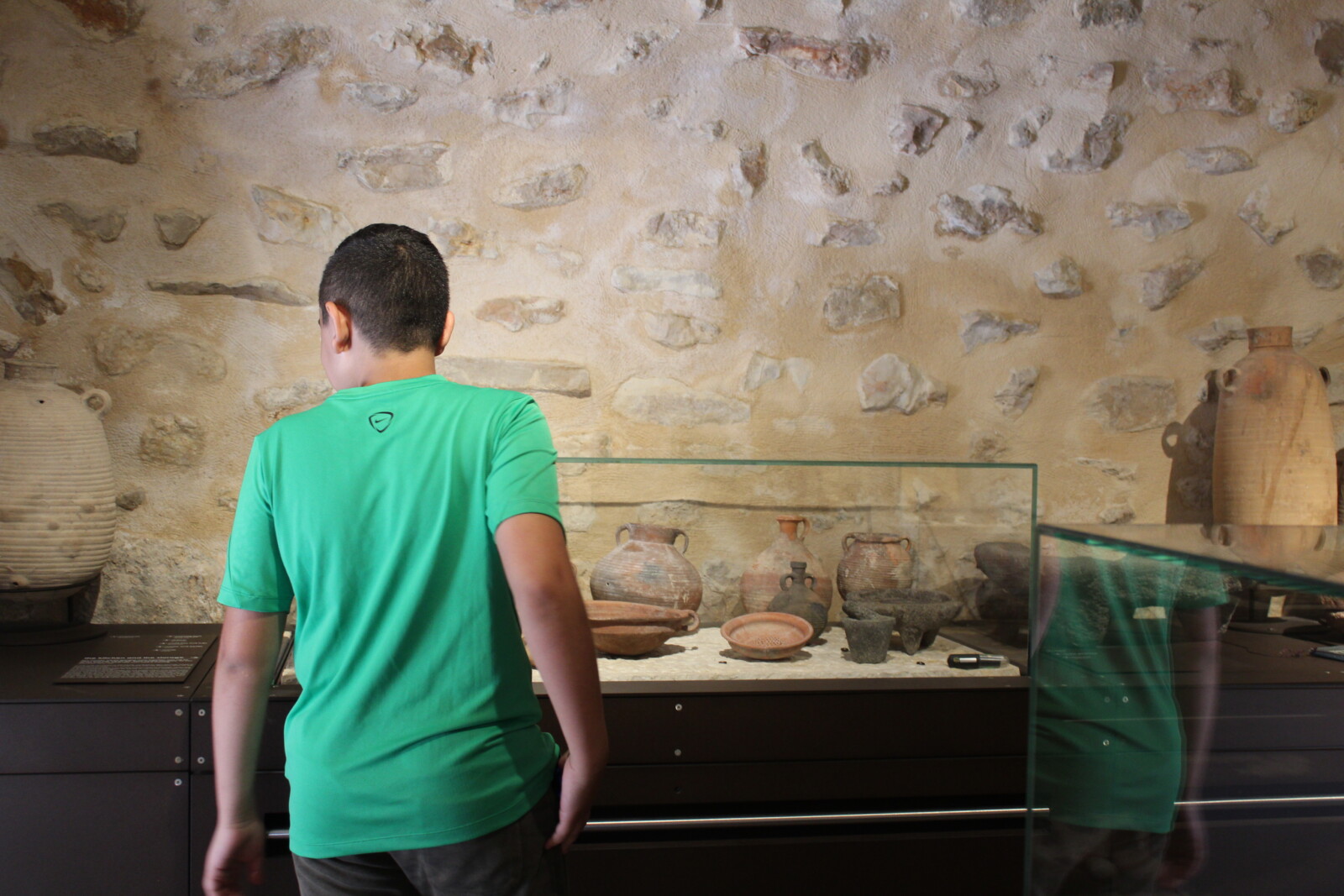
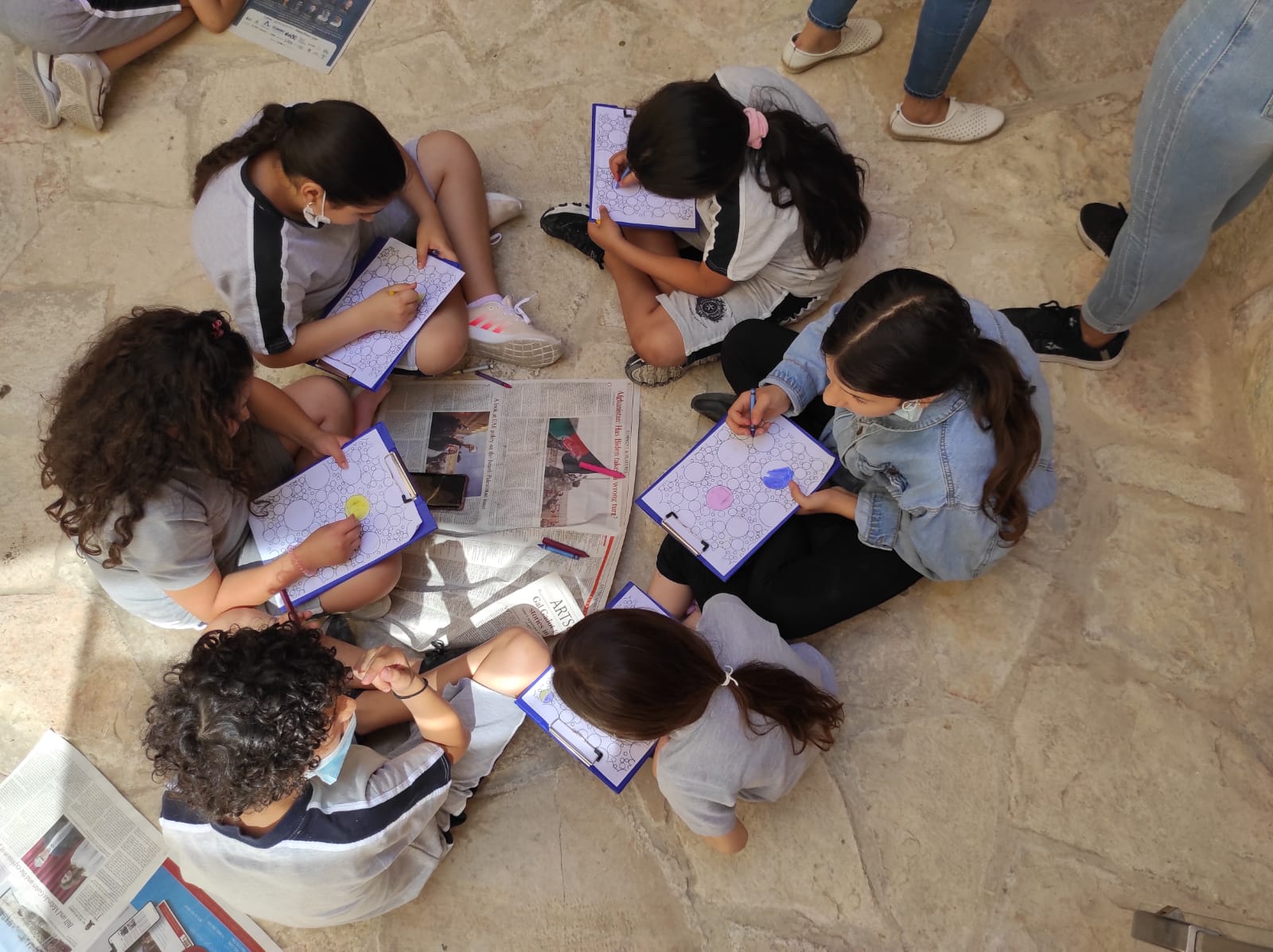
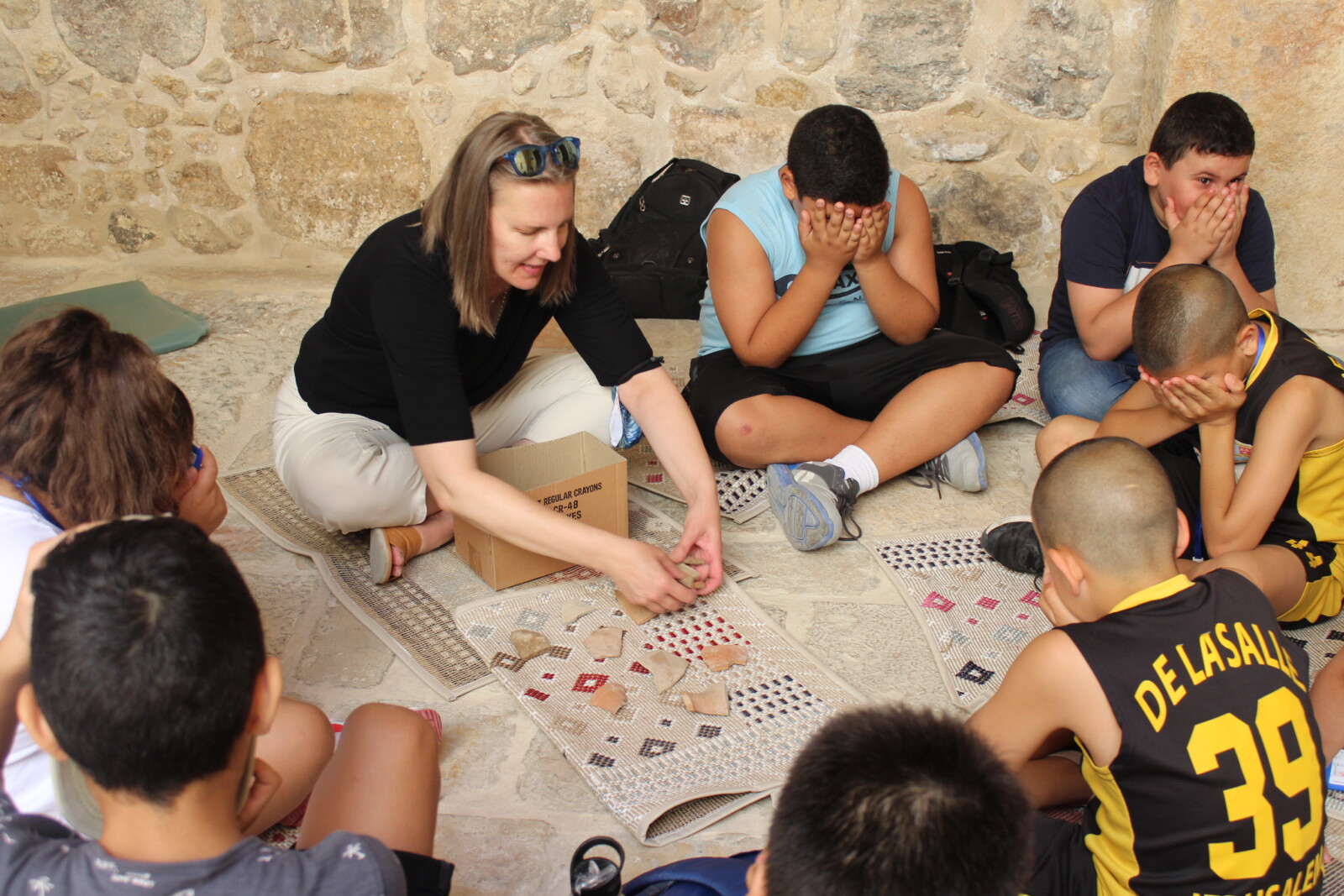
Some young students have been recruited to be trained with this project. Why was it important to do this as part of the project as well?
We have five young Palestinians who are entering the world of museum professions. They all hold degrees and have some professional experience behind them or are currently gaining it. We selected them on the basis of their CVs and a motivational interview, but above all by scouting through our network. Through university lecturers, experts in the world of art, professionals we know and with whom we work in various capacities. This strategy turned out to be successful, the youngsters who are on this path with us are of great value. The path we have conceived for them is very practical, with some theoretical parts, but above all it means putting themselves on the line under the guidance and with the help of an expert in educational activities. In addition, the director of the Vatican Museums, Barbara Jatta, a member of the Scientific Committee of the museum, has offered our youngsters the chance to do an internship of 6 months with them. This will be an incredible experience for them, to gain specialized knowledge of the roles and functions of a museum, to measure up to a situation of international level and to start creating that network of contacts which is essential in this milieu.
For us their presence and the investment in training young local professionals is a fundamental feature of all the projects we are carrying on. It means handing down the knowledge and passion for what we do, to guarantee a future and sustainability for the projects.
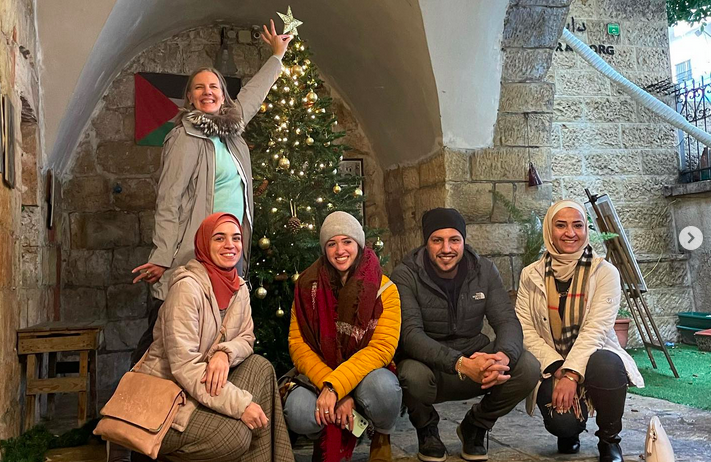
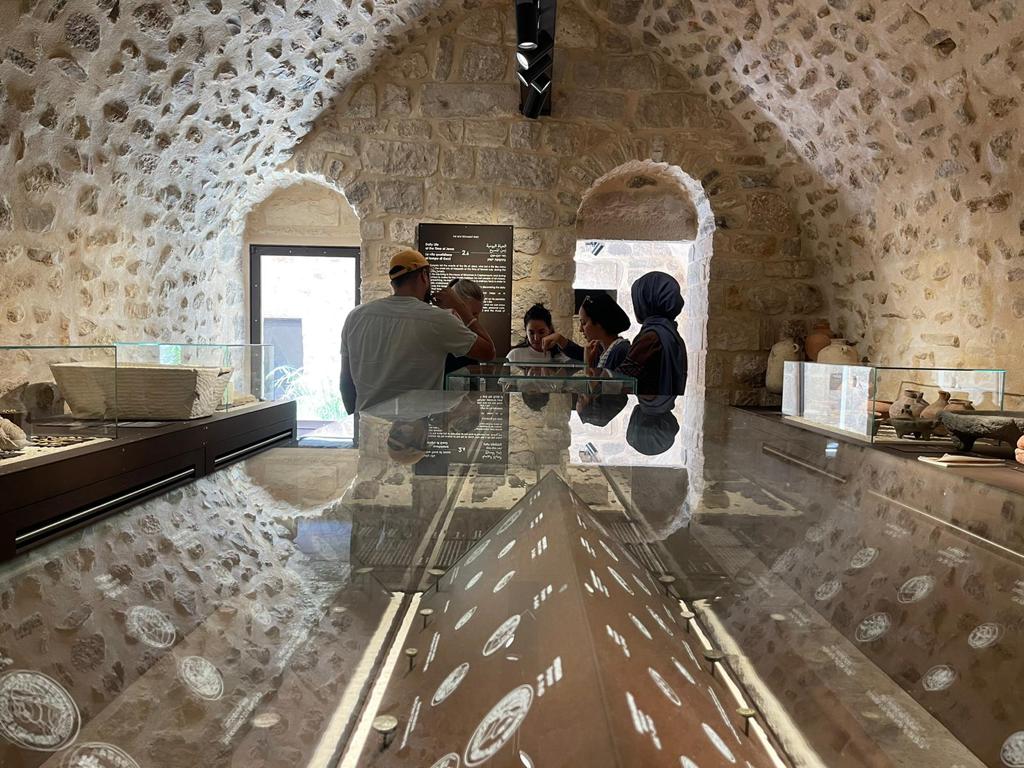
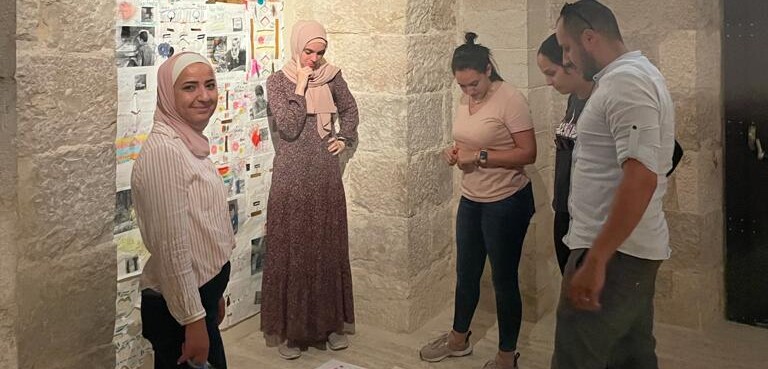
This project ends in 2023. Will something come afterwards that continues it? Will there be a new project?
Of course, we are starting now to reflect on the possible developments, on how to make the project evolve and on how to improve it. We still have a very great deal to do and the value of culture is also not having an expiry date, so we are at work to offer new initiatives. On the other hand, the TSM hopes to have a permanent department for educational activities, so as soon as it is possible to support it economically, this whole programme can become part of the ordinary activities of the museum.
👉 Click here to know more about the project A community living museum for Palestinian Youth.
(translated from italian by Joan Rundo)

